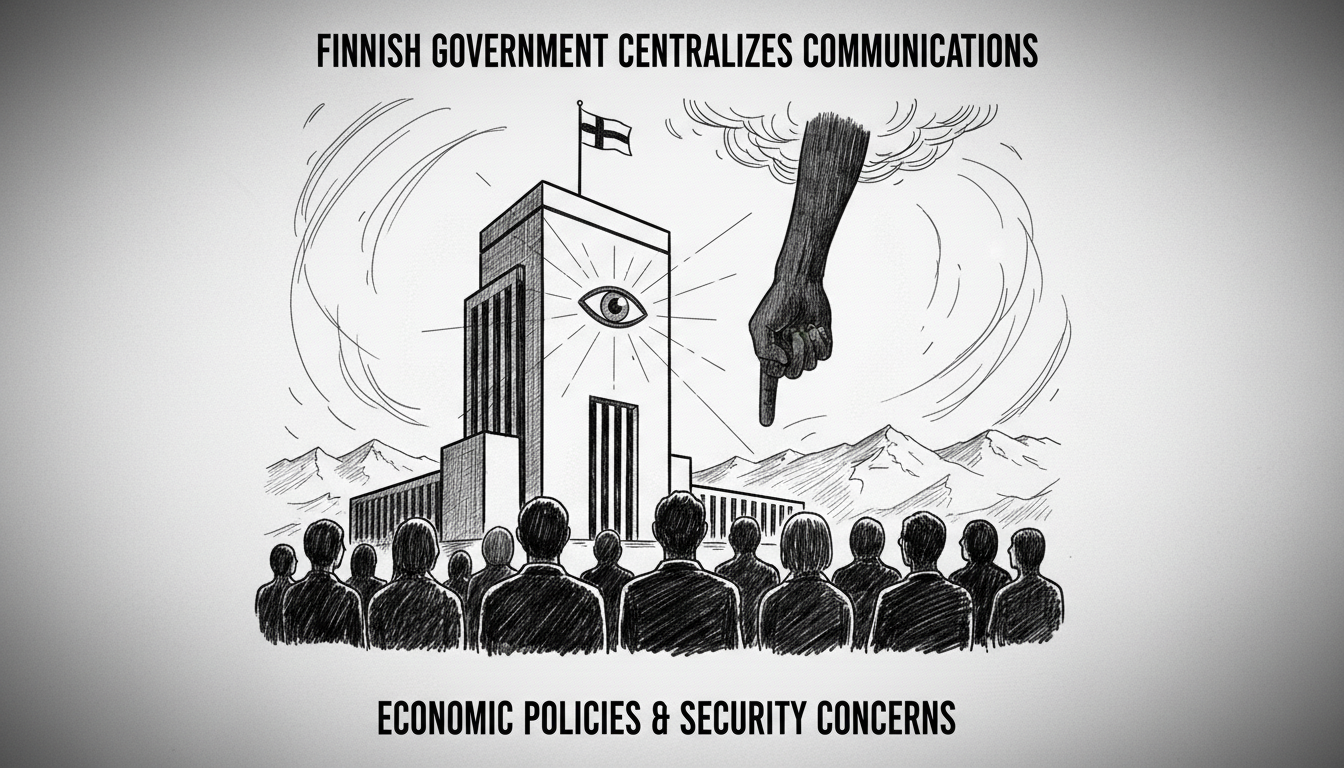Finland's government plans to centralize all ministry communications under the Prime Minister's Office next year. The administrative reform aims to improve how government messages reach the public.
Officials say the changes will highlight long-term benefits and positive impacts of structural reforms. A document obtained by media outlets reveals the political motivation behind the move.
Citizens currently perceive economic policy decisions as unfair, according to the document. This challenges how well government messages cut through public debate.
The paper states public discussion focuses heavily on narratives about spending cuts. It says communication must emphasize concrete long-term benefits and positive reform impacts.
Prime Minister Petteri Orpo's government wants its own messages to penetrate public discourse more effectively. All ministry communications will fall under the Government Council Office.
Security concerns also justify the centralization, the document notes. The security situation requires developing strategic communication capabilities.
Preparations for the communications overhaul began in June. This represents the most extensive change in government communications to date.
Officials claim no immediate cost savings drive the reform. An undersecretary stated the changes aim to rationalize operations rather than cut expenses.
The Prime Minister denied the central office would interfere with ministry communication content. He could not explain why documents related to the centralization remained classified.
This consolidation effort coincides with broader security policy leadership reforms. Both initiatives have generated internal power struggles during planning phases.
The government appears to be streamlining its messaging apparatus as public dissatisfaction grows over austerity measures. Centralizing communications typically strengthens political control over official narratives during challenging economic periods.

